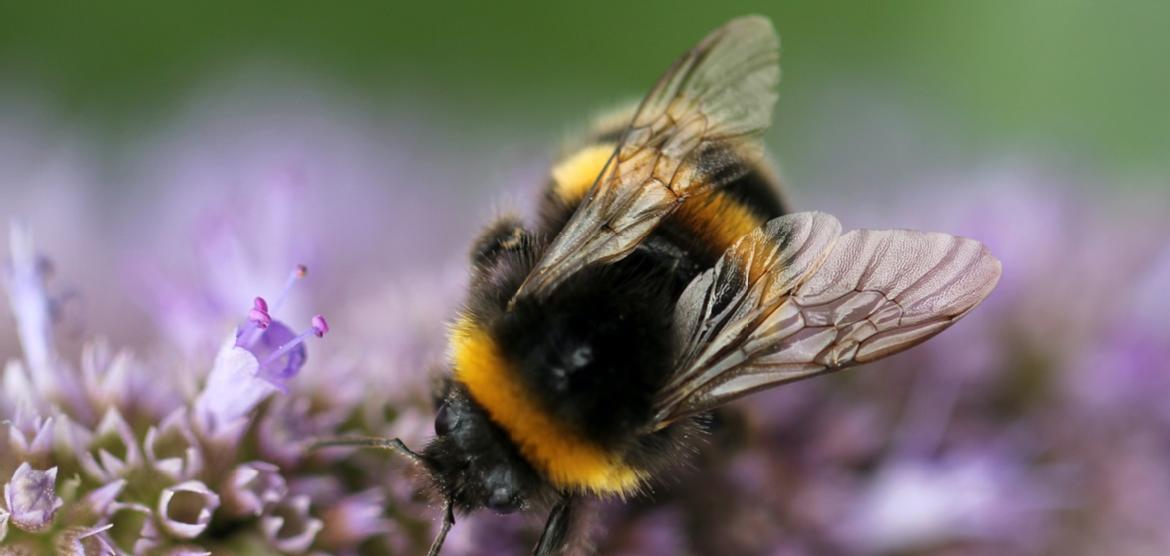Blog
Developing a Decision Support System for Pollinator Abundance in Australia - Dr Martine Barons

Martine Barons, one of our Food GRP leads, recently won an OECD fellowship to undertake a project in Australia. She was hosted by Melbourne University’s Centre of Excellence for Biosecurity Risk Analysis (CEBRA). The project aimed to develop a decision support system for policymakers concerned with pollinator abundance, both for their intrinsic value and for their value as pollinators of food crops and socially important plants, such as the wildflowers for which Western Australia is famous.
Varroa Mite in Australia and the UK
The timing of the visit was serendipitous as Australia has recently suffered an incursion of the Varroa destructor mite, a parasite of honey bees. Currently, efforts are focused on eradication, as an important part of Australia's honey industry is its ‘free from’ status. In the UK, Varroa mite is endemic, and beekeepers, both hobbyist and commercial, need to make regular use of miticides to keep the levels low enough for healthy bee populations and good honey production. This means that the honey cannot be guaranteed free of miticide, although levels are kept low enough to be safe. Australian beekeepers are not permitted - and hitherto have had no need to - use miticides in their hives, and so the purity of their product is assured.
Impact on Pollination
In addition, a significant portion of Australia's bee pollination of plants comes from feral honeybee colonies - those that live in tree hollows rather than hives and have no beekeeper managing them. Countries with endemic Varroa Mite have very few feral colonies as there is no-one to provide mite reduction treatment, and the colonies die out.
Collaboration and Support
Martine was able to meet up with experts in the Australian pollination system to provide relevant inputs to the decision support system. The experts at CEBRA provided valuable biosecurity expertise, understanding potential routes for introduction to and spread within Australia. A further grant from QJMAM presented the opportunity to travel to Sydney for a conference, and while there she arranged to meet a number of researchers at Sydney University whose research is on many varieties of bees in Australia. These collaborators are key to the project in knowing the system well and also knowing where the data to develop the decision support system can be found. Martine was also able to meet up with contacts in the Office of the New South Wales Chief Scientist; as potential users of decision support, their needs and perspectives are vital.
There is hope that eradication of this harmful pest can be achieved. If it cannot, Australia will join the rest of the world in learning to live with mite infestation, and decision support to slow spread and promote pollinator abundance is vital.
